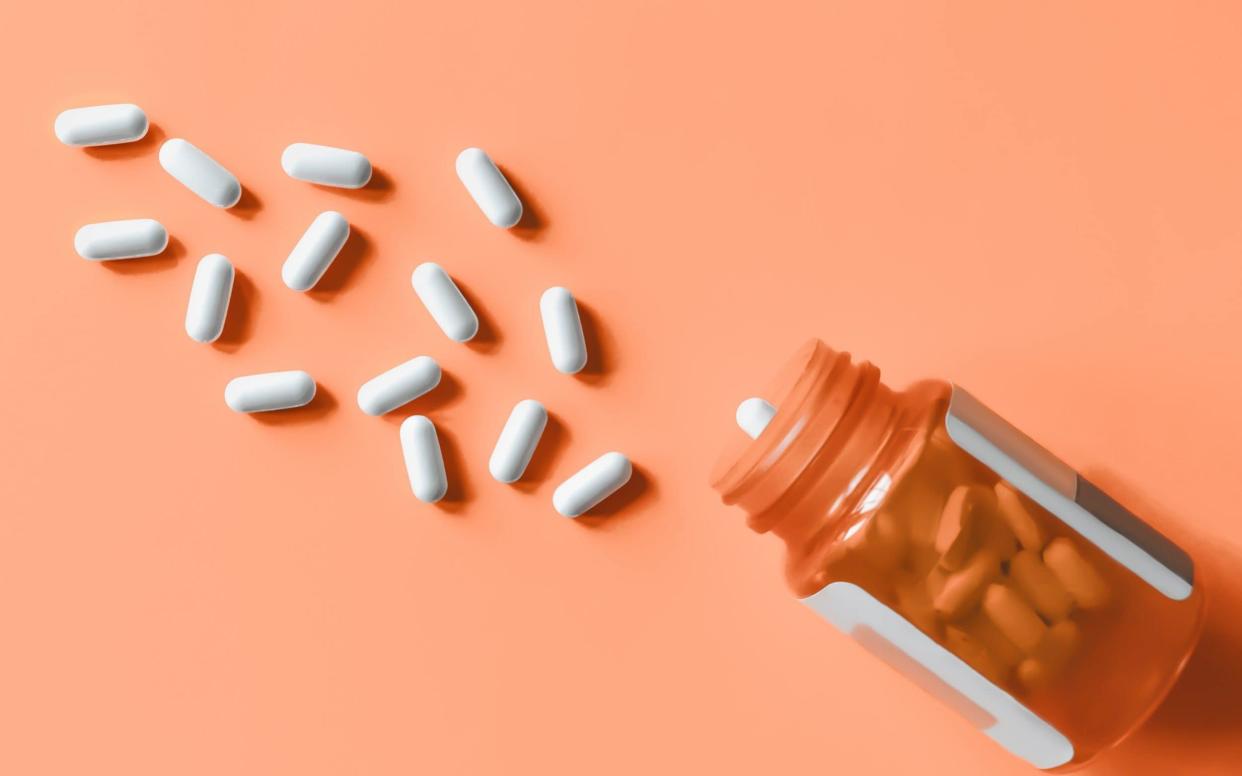Record number of prescriptions issued as Britain entered lockdown

A record number of prescriptions were issued as Britain entered lockdown, fuelling fears of medication shortages as patients sought to stockpile.
New data from the NHS showed 93 million prescribed medicines were dispensed in March, a rise of more than seven million in the same month last year.
It was said to have been the single busiest month for medicine supplies on record and came at a time panicked shoppers were clearing the shelves of supermarkets.
The Pharmaceutical Services Negotiating Committee said GPs had been “strongly recommended” not to allow patients to request longer duration prescriptions to avoid heaping further strain on the supply chain.
Earlier this week the Telegraph revealed the price of one of the most widely prescribed antidepressants, sertraline, had rocketed more than 800 per cent in price amid a global shortage.
Figures published by the NHS Business Service Authority showed that 92,840,309 prescriptions were dispensed in March, up from 85,033,921 in March last year.
The Company Chemist Association (CCA), the trade body representing the big community pharmacies, said much of the medication was delivered before lockdown measures were put in place.
Malcolm Harrison, chief executive of the CCA, said: “There was a record increase in demand for medicines in March as people wanted supplies of their regular, and sometimes not so regular, medicines to have in stock at home.
He added: “We’d now like to see our community pharmacy sector get fair funding from the government for its work on the frontline of the NHS during the crisis.
“Pharmacies were already under significant financial pressures and now need immediate support from the government to allow them to continue to provide high quality healthcare on the high street.”
The soaring prices of medication such as sertraline left many pharmacies facing ruin, as it took several weeks before the Department of Health agreed to refund them at a level close to the inflated prices.


